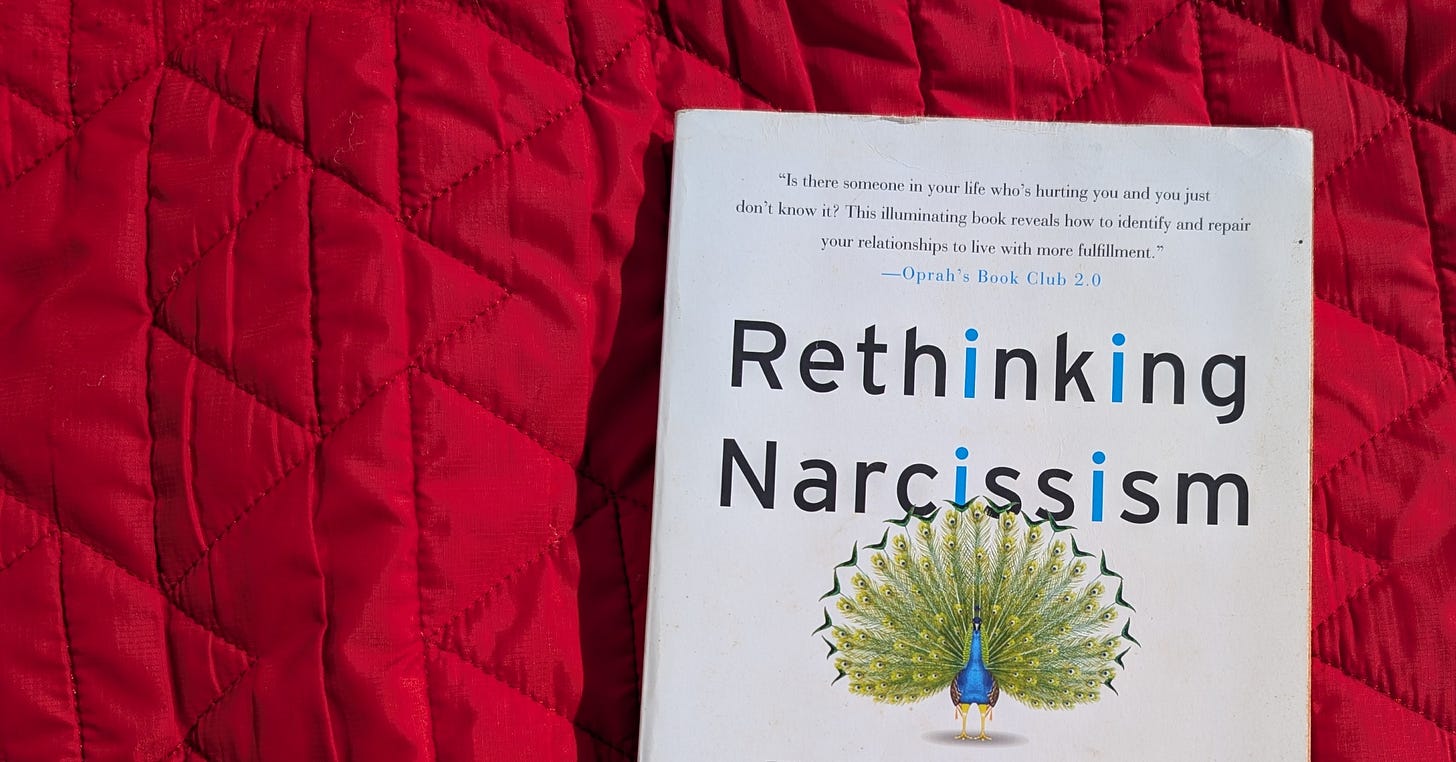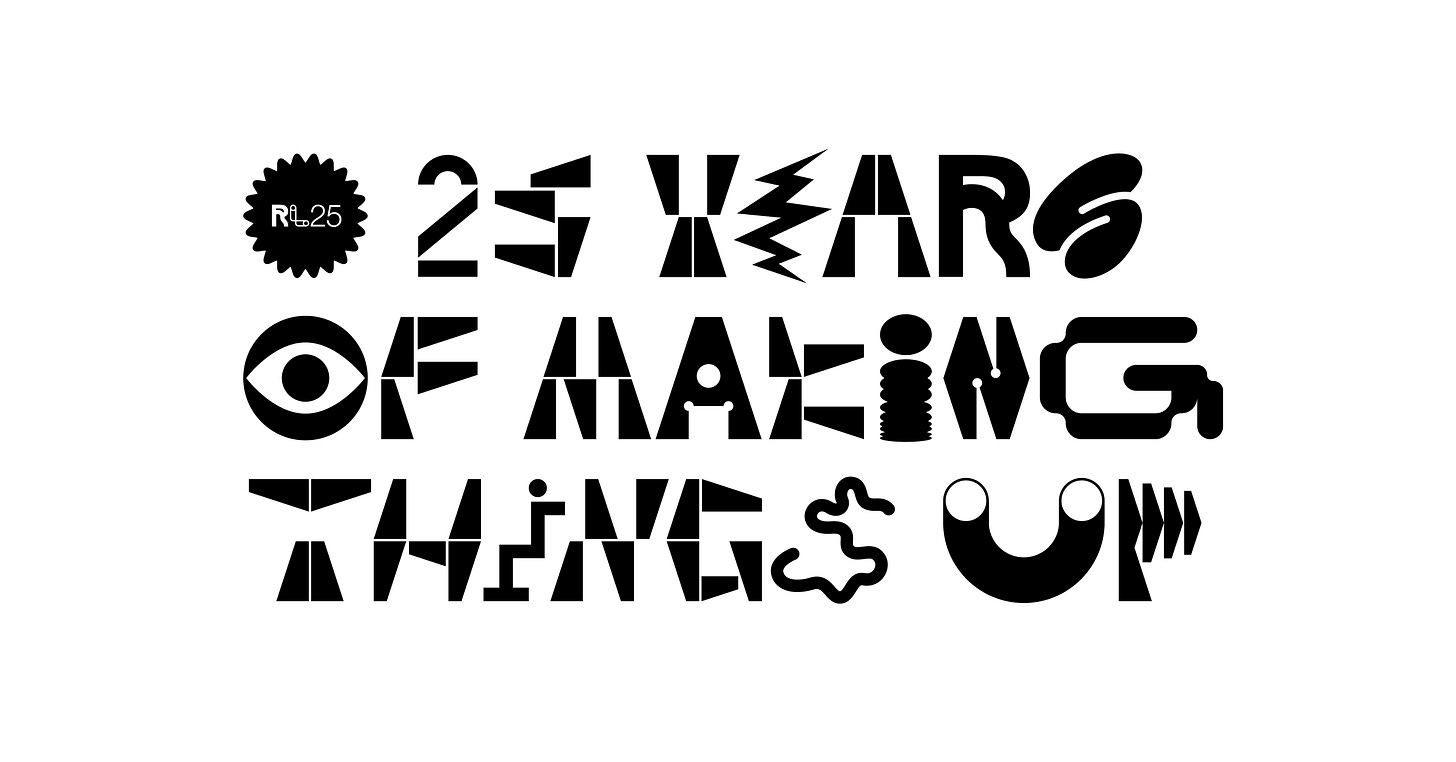The Discovery
I picked up Rethinking Narcissism during a phase where I was reading heavily across philosophy, ethical business, productivity and behavioural psychology. It caught my eye because I’d always found the word “narcissist” to be one of those labels we throw around too casually - usually to describe someone who seems self-interested or self-absorbed. But I knew that couldn’t be the full story.
The creative industry, in particular, attracts a wide spectrum of personalities. It’s a space full of visionaries, risk-takers, loud voices and quiet thinkers - a deeply neurodiverse environment where, inevitably, narcissistic behaviours can and do show up. I wanted to educate myself more: to learn what narcissism actually is from a psychological and scientific lens, to understand whether there are different “flavours” of it, and to find ways to approach those dynamics with more empathy, patience and useful coping strategies.
The Book
Rethinking Narcissism by Dr. Craig Malkin takes a far more nuanced view of narcissism than popular culture does. Rather than framing narcissism as simply “bad,” Malkin introduces the idea of a spectrum. At one end is healthy self-confidence, at the other end extreme narcissistic personality disorder (NPD), with a wide range of behaviours and traits in between. The book makes the case that narcissism itself isn’t inherently negative; in fact, some degree of it can be essential for survival, leadership, creativity and resilience.
What I found especially interesting was the explanation of how certain narcissistic traits can fuel success in highly competitive or uncertain environments. A strong sense of self-belief, risk-taking, charisma and the ability to command attention can all be extremely valuable in the creative and business worlds. Yet these same traits, left unchecked or over-amplified, can easily tip into behaviours that alienate, damage relationships or ultimately self-sabotage.
Malkin ties the condition to its origins in Greek mythology: Narcissus was the youth who fell in love with his own reflection, unable to tear himself away, while Echo (the nymph cursed only to repeat others’ words) stands as his opposite: voiceless, self-effacing and overlooked. It’s a powerful metaphor for the relational dynamics we sometimes experience in creative or work environments: the loud personality taking up all the space, while others quietly fade into the background.
The book’s biggest strength, for me, is that it removes the judgement. It encourages you to understand narcissistic tendencies as part of a broader personality makeup, and not as a way that the person specifically chooses to act. That understanding unlocks not just empathy, but also healthier boundaries when dealing with difficult personalities.
The Inspiration
Reading Rethinking Narcissism gave me a deeper understanding of something I’d long observed in the creative industry but struggled to articulate. Regularly, we come across big personalities, bold thinkers and people whose success partially relies on how they show up - their conviction and self-belief.
In high-pressure, highly visible industries, some degree of elevated self-focus can become a survival skill. Even the greatest creative concept, if presented with too much humility, can land badly. I also reflected on the “Echo” dynamic. It made me hyper-aware of the quieter voices that often go unheard in a room dominated by a bigger personality. As a leader, that’s something I’ve tried to consciously counterbalance - creating space for those who might otherwise be drowned out.
The Take Out
The biggest takeaway for me was a reminder that simple labels for people are rarely helpful. Narcissistic tendencies exist on a scale, and most of us shift along that scale depending on context, stress and environment. I’ve also learned that trying to observe and understand someone’s motivations or psychological nuances can significantly help with how I adapt my approach so that we can collaborate better.
In my work, that often means making sure everyone feels heard and valued without allowing them to dominate or derail collective progress. It can be tough to hold your own space while not escalating tensions.
Ultimately, Rethinking Narcissism helped me understand that what can feel like difficult behaviour often comes from insecurity, not arrogance - and that knowledge alone has made me more patient and adaptible as a collaborator.
Conclusion
Rethinking Narcissism didn’t give me all the answers, but it gave me a lens to see difficult behaviour with more compassion and less frustration. In the creative world, where big personalities are everywhere, that has been invaluable. Understanding doesn’t mean excusing, but it does help you navigate relationships with a little more compassion, clarity and calm.
Written by Russell.







